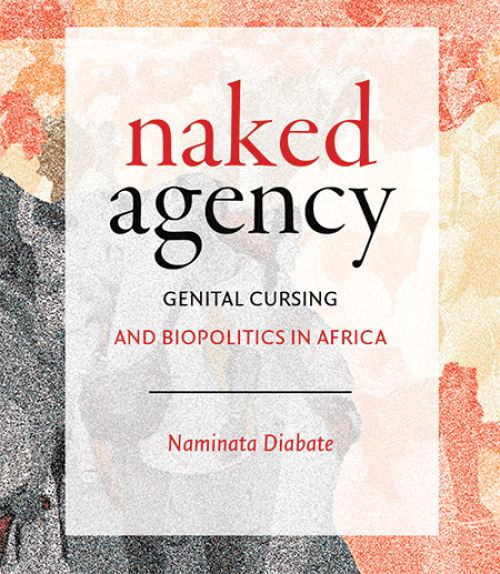
 Department Homepage
The College of Arts & Sciences
Department Homepage
The College of Arts & Sciences
‘Dramas of desperation’: Book examines naked protest in Africa
Insurgent nakedness is the most universal and yet the most highly context-driven mode of dissent, writes Naminata Diabate, assistant professor of comparative literature.



